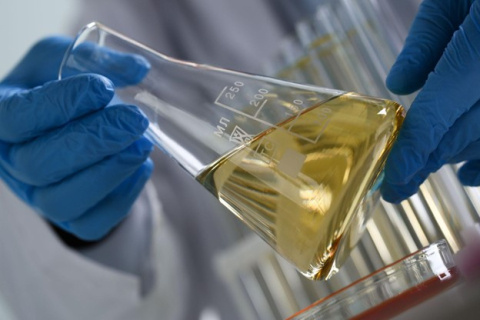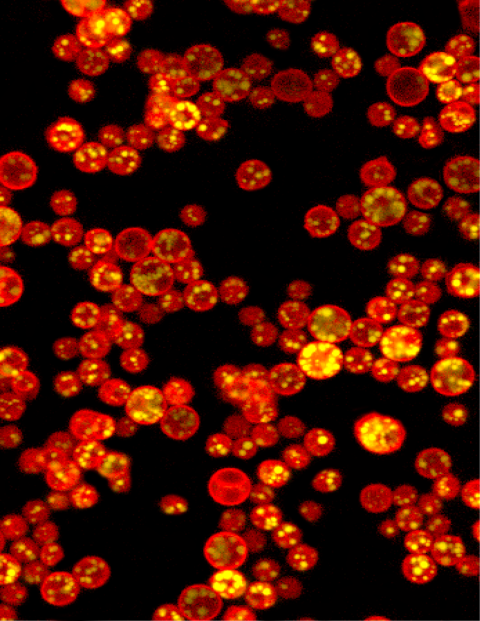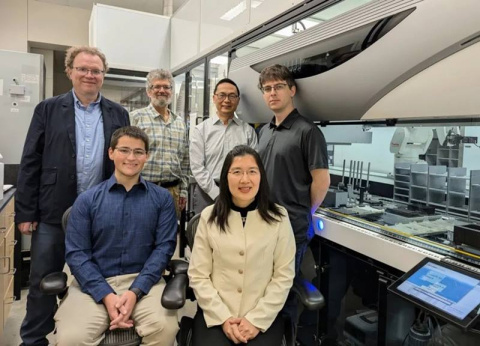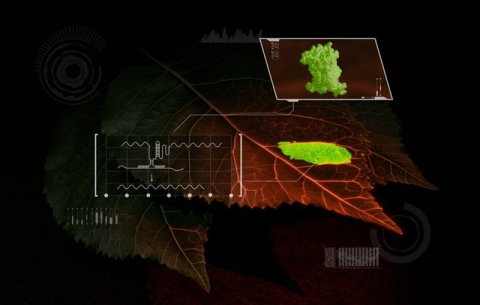RSS










Researchers identify butylamine as a promising solution to many challenges at biorefineries.

Researchers demonstrated an efficient strain of bacteria for bioproduction that grows on the promising feedstock formate.

Scientists uncover a hidden feature of protein translation in green algae, offering a new perspective on the basic rules of gene expression.

Study provides a framework for connecting genetic mechanisms and trait variation across diverse yeast species.

Researchers investigate the connections between Aspergillus species, demonstrating their usefulness for producing biofuels and bioproducts.

A new approach accelerates how quickly scientists can identify genes involved in environmental acclimation and understand bacterial stress.

A fast, automated, and high-throughput pipeline is improving the speed of plant engineering

A novel laser-based method provides unprecedented detail on the nutrient cycle in root ecosystems.

A new biosensor allows researchers to watch RNA come to light in plants.
A novel test of coexistence theory shows that plants can coexist or exclude one another depending on which mycorrhizal fungi species are present.

